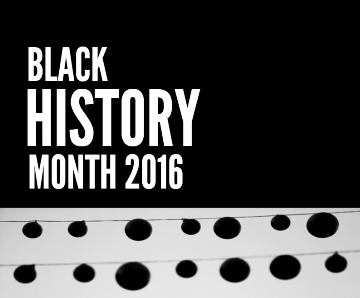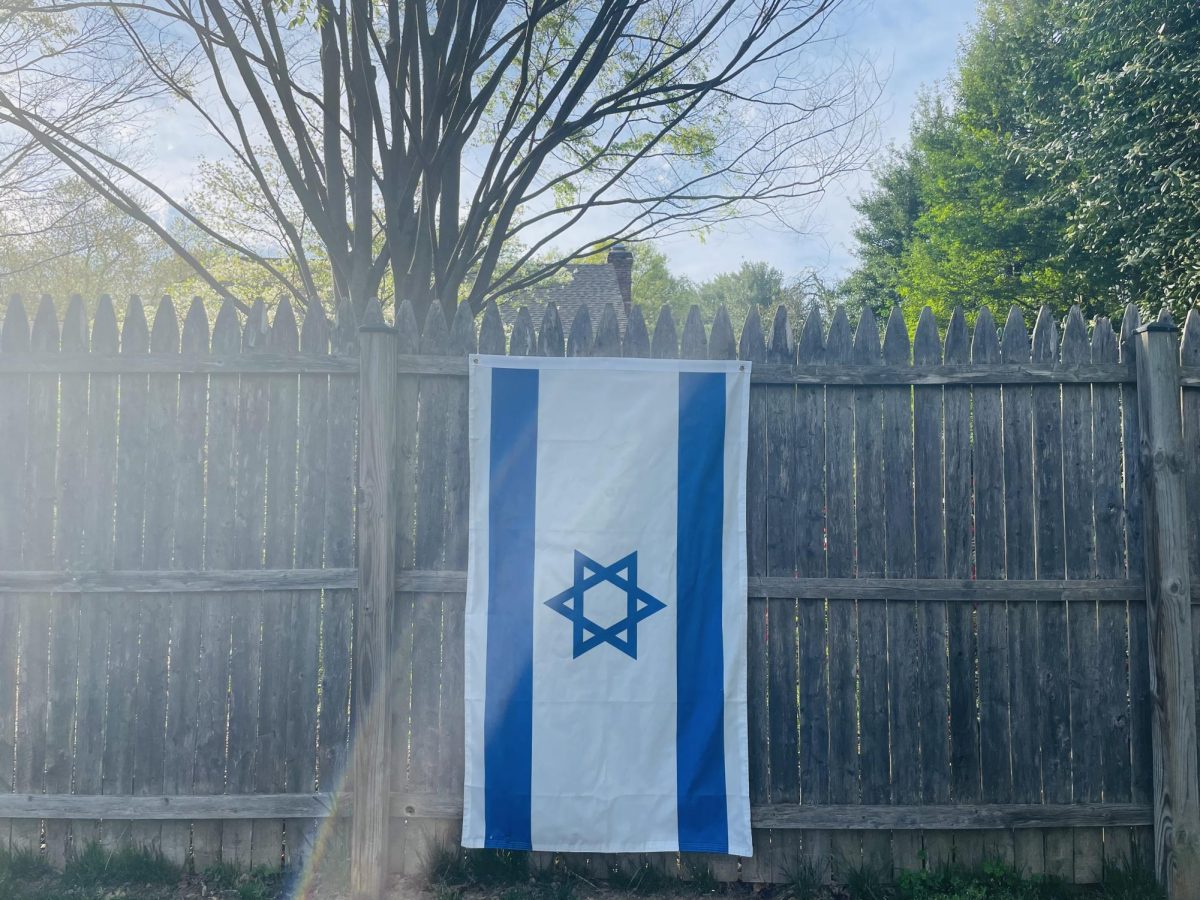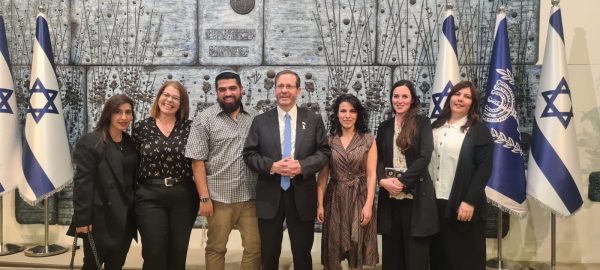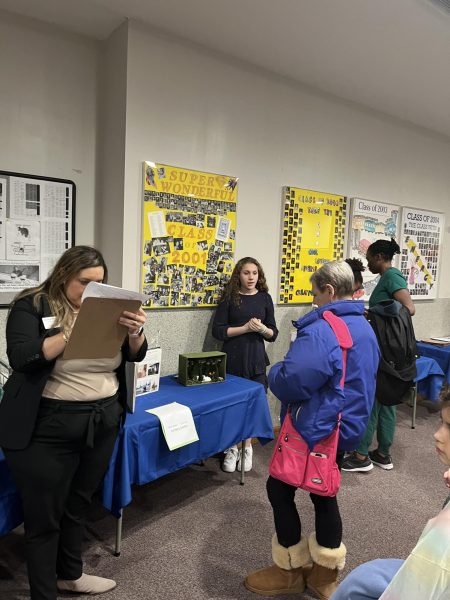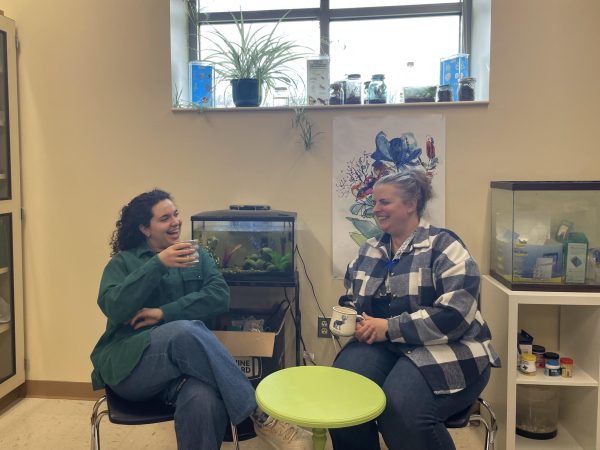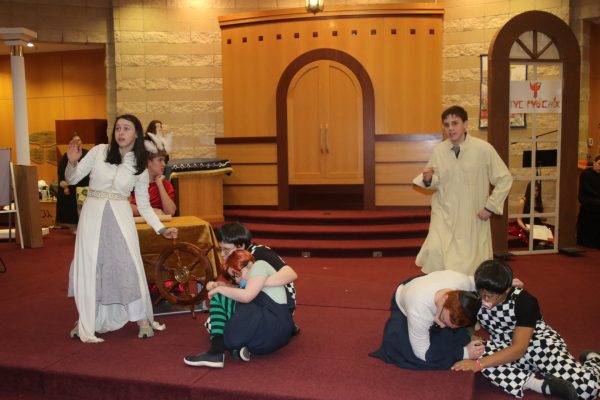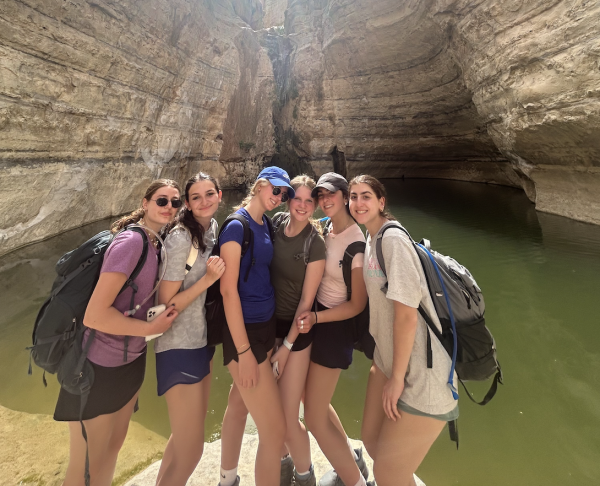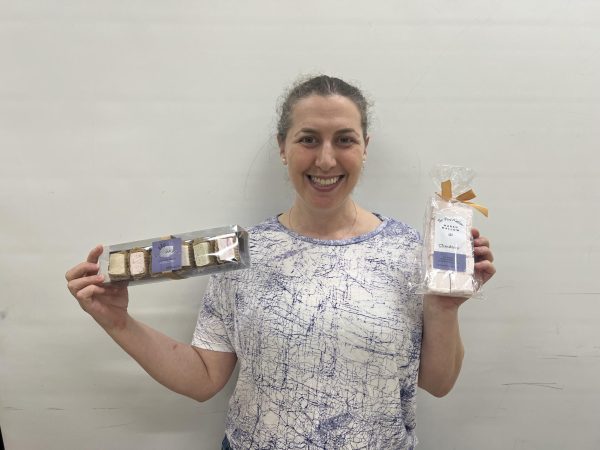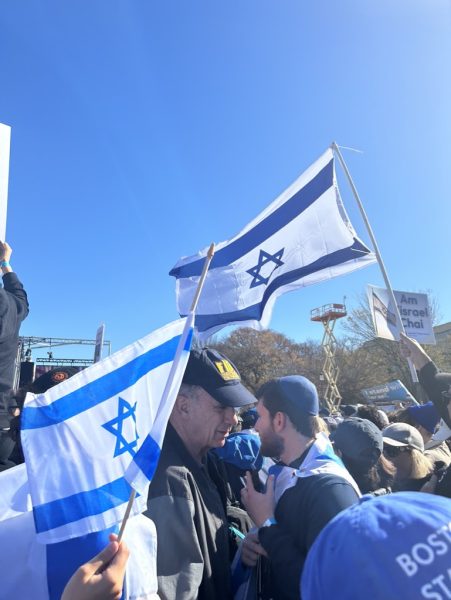Black History Month creates race dialogue
February 18, 2016
Black History Month elevates February from an ordinary month to 29 days dedicated to remembering and understanding the important role of black history in the United States.
This dedication of the month originated in 1915 when Historian Carter G. Woodson and Minister Jesse E. Moorland founded the Association for the Study of Negro Life and History to encourage respect and awareness for black history. In 1926, this organization devoted a week in February to honor black history, which later became a celebration throughout the entire month of February. Black History Month is currently celebrated nationwide, including at CESJDS.
To pay homage to the black experience in America, the History department is planning a Kehillah program about black history for later in the month. In addition to the program, black history is taught in both the eighth-grade and junior history curricula.
A program for the eighth grade, Facing History in Ourselves, includes a unit focusing on race and membership. This year eighth-graders will also have a three to four week unit about the history of racism, from Colonial America to today. The eleventh grade studies U.S. history and focuses on aspects of black history, such as as slavery, Reconstruction and the Civil Rights Movement.
History teacher Eytan Apter teaches these courses and wants to make sure Black History Month is not the only time the school recognizes black history.
“There is a balance in terms of honoring African-American accomplishments and all minority accomplishments throughout the entire year, and then also highlighting them in Black History Month,” Apter said.
Junior Daniel Baumstein agrees that Black History Month should not be the only time that racial issues are discussed. Baumstein is passionate about racial awareness and participates in Operation Understanding D.C. (OUDC), a program for black and Jewish high school students in which they learn about black and Jewish relations. One of the main reasons Baumstein joined OUDC is due to the impact of Black History Month and how it promotes an understanding of black history and helps to increase racial awareness.
In OUDC, Baumstein learned about unconscious biases, which occur when a person first sees someone and immediately stereotypes them based on their appearance. Even though he does not see JDS as institutionally racist, he has still witnessed conversations that he thought seemed racist at school.
“I feel like everyone has some bias towards other people which can be racist, or can not be,” Baumstein said. “I think it’s an issue everywhere.”
For freshman Corinne Amewou-Atisso, racial insensitivity has been an issue at JDS. Amewou-Atisso has experienced racial insensitivity at school as a black student from fellow classmates, and even parents of students. Peers have said insulting jokes to her about her skin color that are not meant to be offensive, yet which Amewou-Atisso still finds disrespectful.
Amewou-Atisso was in the school play last year and was backstage applying brown makeup for her costume as a bear. A parent approached her and made an offensive comment about how she did not need the makeup because of her skin color.
“Sometimes people don’t realize, ‘Oh what I’m saying could hurt her feelings,’” Amewou-Atisso said.
Even though Amewou-Atisso has experienced uncomfortable situations at school, overall she feels very welcomed into the community.
“I don’t feel like I’m that separated from kids in our grade, because there is that common quality that we all have, that we are Jewish,” Amewou-Atisso said.
Baumstein believes that regardless of their religion, blacks have a connection to the Jewish people. He thinks the black community and Jews have faced similar obstacles through history, including political oppression and discrimination based on their appearance or beliefs.
Black History Month, however, is not only intended for people to learn about past oppression, but also to learn more about the present. For one month every year, Americans raise awareness about racial prejudice.
“You have to acknowledge the past and create a conversation in order to fix the future,” Baumstein said. “Because if for the next 100 years we are stuck in a race war … then what has been accomplished?”


